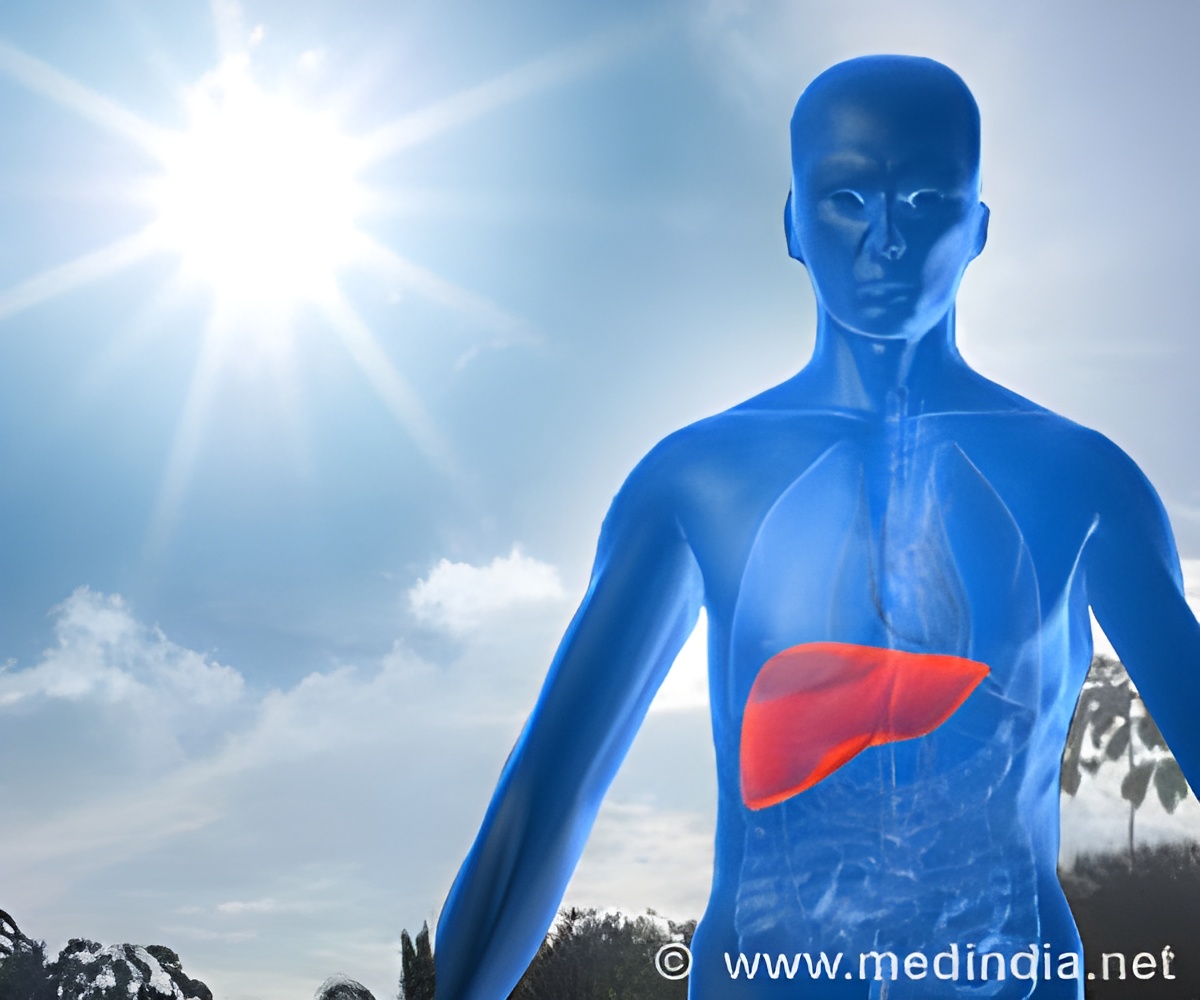In British children, an association between low vitamin D status and non-alcoholic fatty liver disease (NAFLD) has been discovered by scientists.

The findings could carry significant implications for UK clinicians in light of the nation's rising number of childhood NAFLD cases. High levels of vitamin D deficiency and increasing numbers of rickets cases are thought to be due to the obesity epidemic, more children increasingly choosing to play indoors rather than outside and the excessive use of sun-creams.
EASL's Educational Councillor Professor Jean-Francois Dufour of the University Clinic for Visceral Surgery and Medicine, University of Bern, Switzerland said: "The data support recent research that revealed an association between low vitamin D status and incidence of NAFLD and is an important development in helping clinicians better understand the growing rate of NAFLD in children throughout the western world."
"Identifying a gene that impacts or alters the disease is a step in the right direction and could potentially lead to the development of new treatments or diagnostic techniques to address this growing issue," Professor Dufour continued. "More research into this field is warranted and I look forward to seeing future developments over time."
NAFLD is the term used to describe fat build-up in liver cells in people who do not drink alcohol excessively.[ii] NAFLD is rapidly becoming the most common liver disease worldwide and is the most common persistent liver disorder in western countries and is estimated to affect up to 10% of Europe's paediatric population.[iii] The disease has an estimated overall prevalence of 20% to 30% across Europe.[iv],[v]
Patients were found to have low vitamin D blood levels throughout the entire year, not just in the winter months, plus the majority of samples were found to be deficient or insufficient in vitamin D status compared to national UK and US health standards. The study also detected a variant of the NADSYN1 gene which was associated with NAFLD severity in patients.
Advertisement















